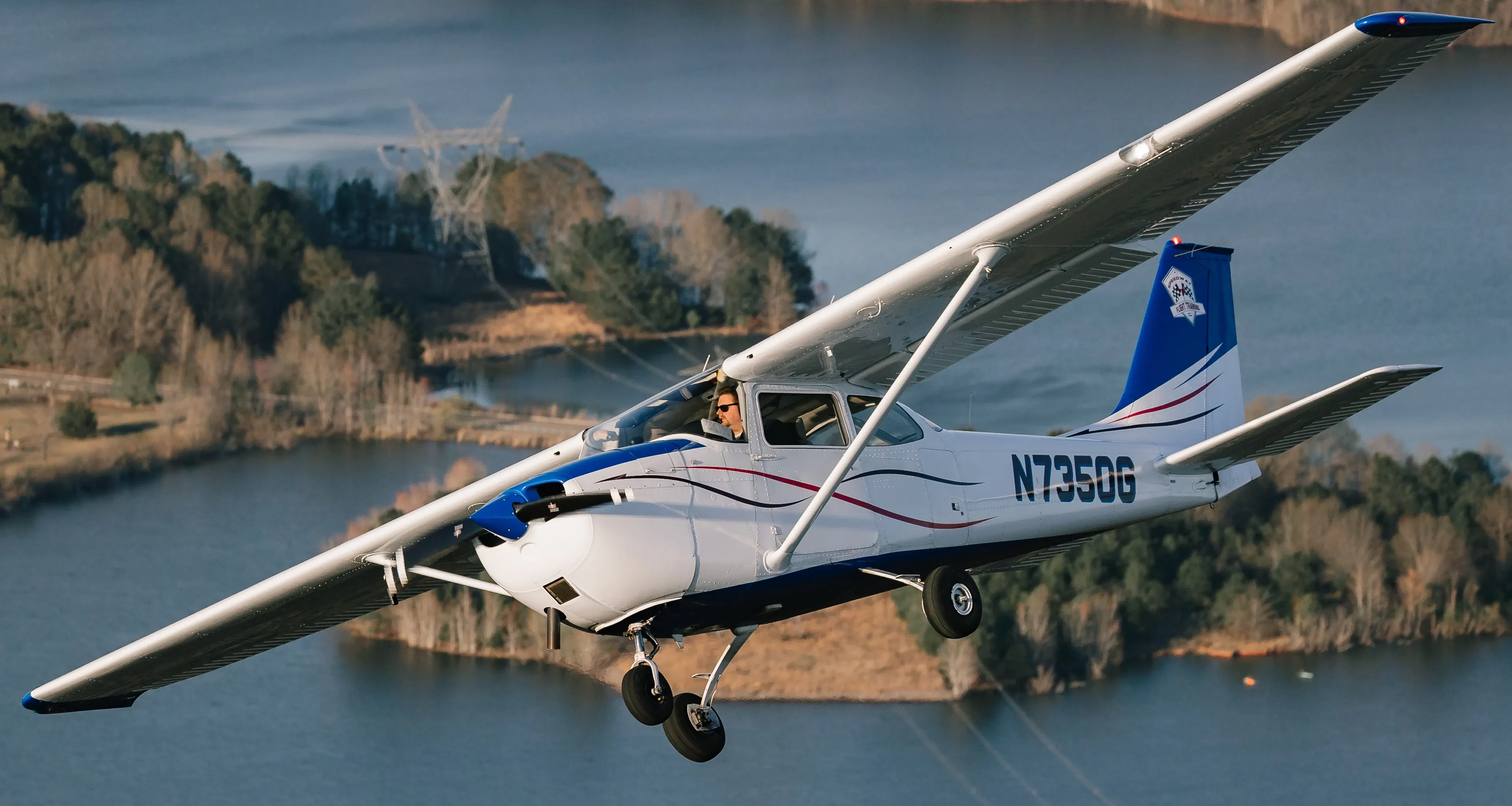
Navigating the FAA Medical Process: What Prospective Pilots Should Know
Published by: Eric Schafhauser
Understanding the FAA Medical Certificate
Before you can solo or earn your Private Pilot License, you’ll need an FAA medical certificate. This document confirms that you meet the health standards to safely operate an aircraft, a key step that every aspiring pilot must complete.
At Speedway Flight Training, we help our students navigate the process so that medical certification never becomes an obstacle on their journey to the cockpit.
1. The Three Classes of FAA Medical Certificates
Class 1 - Airline Transport Pilots
For professional airline pilots, a Class 1 Medical is required. It includes the most comprehensive health screening, covering vision, hearing, cardiovascular health, and more.
Class 2 - Commercial Pilots
For those pursuing paid flying work such as aerial photography, charter, or instruction, a Class 2 Medical is sufficient.
Class 3 - Student & Private Pilots
Most students at Speedway start here. A Class 3 Medical ensures you’re fit to act as pilot in command of general aviation aircraft for personal or training use.
2. What to Expect During Your Exam
Your Aviation Medical Examiner (AME) will conduct:
- Vision and hearing tests.
- Blood pressure and heart rate checks.
- Urinalysis (for sugar and protein levels).
- Basic neurological and mental health evaluation.
Tip: Bring your ID, glasses (if applicable), and any relevant prescriptions or medical records.
3. How to Prepare and Schedule
- Visit medxpress.faa.gov to fill out your FAA application.
- Locate an AME near you using the FAA’s online directory.
- Schedule your appointment (many AMEs near Atlanta and McDonough have availability within a week).
If you’re unsure which medical class to pursue, our Speedway instructors can advise based on your long-term goals.
4. Common Concerns and Misconceptions
“What if I have vision issues?”
Glasses or contacts are perfectly acceptable, as long as your vision can be corrected to 20/20.
“I take prescription medication, will I be disqualified?”
Not necessarily. Some medications require review, but many pilots fly safely with approved prescriptions.
“Can I start flight training before my medical?”
Yes. You can begin ground school and dual instruction, but a valid medical is required before your first solo flight.
5. How Speedway Flight Training Helps
- Guidance: We help each new student find a trusted local AME and schedule their exam.
- Transparency: We’ll discuss what each medical class means for your training plan.
- Support: If any medical concerns arise, we’ll help connect you with FAA resources or specialists.
At Speedway Flight Training, our goal is to help every qualified, motivated student overcome administrative hurdles and focus on what really matters, learning to fly.
Ready to Begin?
Secure your medical, schedule your first lesson, and start your journey today.
Contact Speedway Flight Training or call us to discuss how to start training at Atlanta Speedway Airport (KHMP).
